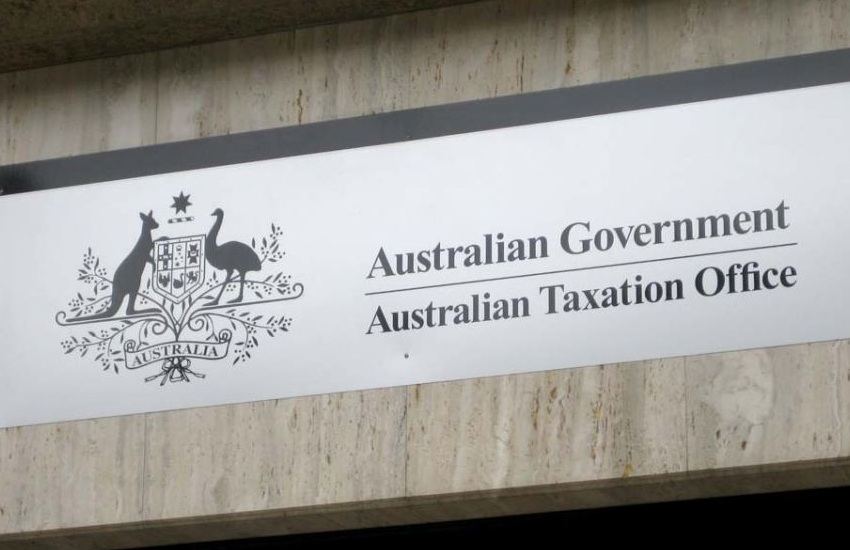ATO visibility over foreign financial account information will allow it to track Australian taxpayers who are not reporting foreign income.
You’re out of free articles for this month
Account information being shared will include depository accounts, custodial accounts, debt or equity accounts, and cash value insurance and annuity contract accounts.
The data will contain details about each financial account including the account balance, interest payments, dividend payments, proceeds from the sale of assets and other income.
While the CRS was legislated to come into effect on 1 July 2017, the first round of data from foreign jurisdictions was received in September 2018, with the second data exchange set to take place next month.
“If you’re an Australian resident for tax purposes, you are taxed on your worldwide income, so you must declare all of your foreign income no matter how small the amount may be. This may include income from offshore investments, employment, pensions, business and consulting, or capital gains on overseas assets,” said ATO assistant commissioner Karen Foat.
“Australians that deliberately move cash overseas in an attempt to hide it should be concerned. Hiding your assets and income offshore is pointless. ‘Tax havens’ are becoming a less effective model as international agreements improve transparency. You can no longer hide money behind borders.
“Whether it is rental income from your old family home, an untouched bank account earning interest, or salary from working offshore, it must be reported. Even if you have paid tax on the overseas income, it must be reported to the ATO; however, you may be able to claim a foreign income tax offset to account for any foreign tax paid.”
Early data available to the ATO has revealed that many Australians have financial dealings in countries like China, the United Kingdom, Switzerland, Singapore and the United States.
Last year, 106 Australians who were suspected of utilising tax evasion schemes through holding unnamed numbered Swiss bank accounts were singled out by the Tax Office.
Accountants with clients who have not included income from assets held offshore in their tax return have been urged to make a voluntary disclosure as soon as possible.
BDO partner Mark Molesworth previously told Accountants Daily that the ATO’s focus on foreign income should spur accountants to inform their clients on their obligation to disclose.
“It will be worth for accountants to specifically ask clients whether they do have any sources of income offshore, any investments offshore,” Mr Molesworth said.
“It would be worth mentioning to clients, without indicating that they disbelieve their clients, that the CRS is now coming in and the data is going to be provided to the Tax Office, and if there is something that needs to be disclosed, then now would be the time to do it.”

 Login
Login







